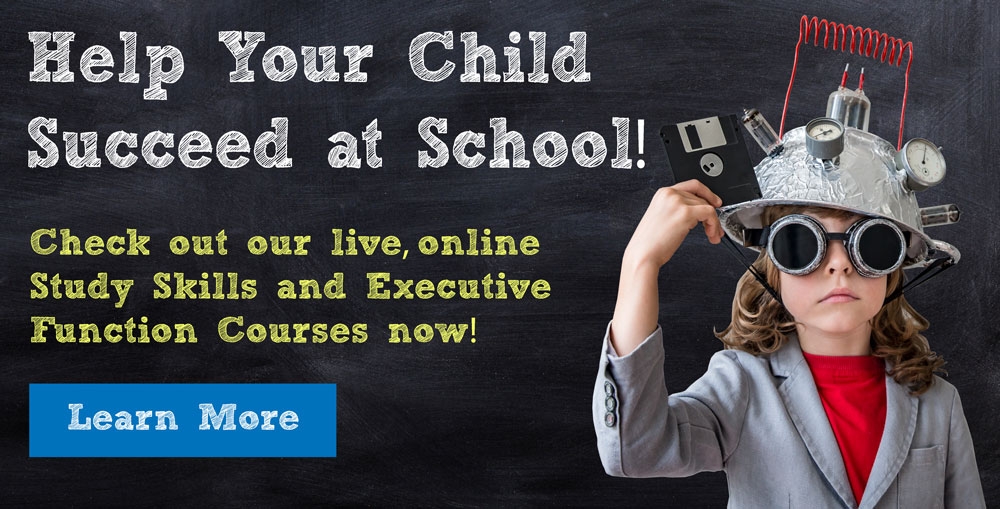What Exactly Are Executive Functions? A Parent’s Guide: How gameplay can practice and improve executive functions
Think of executive functions as the brain’s “management system.” They are a set of mental processes that help us plan, organize, focus attention, remember instructions, and regulate our emotions. They help with managing time, behaviors, and possessions (organization). These skills are crucial for success in school, work, and everyday life.
Here are some key executive functions:
- Working Memory: This is like our mental “scratchpad.” It allows us to hold information in our minds and use it for tasks like following instructions or solving problems. For example, remembering a phone number long enough to dial it requires good working memory.
- Inhibition (Impulse Control): This is the ability to resist distractions and control impulsive behaviors. It helps us stay focused on a task, wait our turn, and think before we act.
- Cognitive Flexibility: This is the ability to switch between tasks, adapt to changes, and think creatively. It allows us to see things from different perspectives and find alternative solutions.
- Planning and Organization: This involves setting goals, breaking down tasks into steps, and managing our time and materials. It’s essential for completing projects, meeting deadlines, and staying organized.
- Emotional Control: This is the ability to manage our emotions and respond appropriately to different situations. It helps us stay calm under pressure and handle frustration effectively.
- Metacognition: This is “thinking about thinking.” It involves being aware of our own thought processes, evaluating our strengths and weaknesses, and adjusting our strategies as needed.
Why Are Executive Functions Important?
Strong executive functions are linked to success in many areas of life. Good evidence shows that mastering executive function skills as an elementary school student is more important than learning educational content for future academic success. Children with well-developed executive skills tend to:
- Perform better in school.
- Have better social skills.
- Be more organized and responsible.
- Be more resilient and adaptable.
- Be better at managing their emotions.
Conversely, children with executive function challenges may struggle with:
- Following instructions.
- Staying focused.
- Completing tasks.
- Managing their time.
- Controlling their impulses.
- Handling frustration.
Signs of Executive Function Challenges
If you’re concerned that your child might be struggling with executive functions, look for these signs:
- Difficulty starting or finishing tasks.
- Trouble following instructions.
- Frequent forgetfulness.
- Poor organization skills.
- Impulsive behavior.
- Difficulty managing emotions.
- Easily distracted.
Executive Functions Can Be Developed
The good news is that executive functions are not fixed traits. They can be developed and strengthened through practice and targeted interventions. This is where using digital technologies strategically can be helpful.
One way to improve executive functioning skills is through your child’s play. While traditional approaches suggest that free and unstructured play may be the best tools for developing executive function skills, there is increasing evidence that children learn and practice many executive function skills in gameplay- both board games and video games.

Choosing the Right Games: A LearningWorks for Kids Game Guide
When choosing games, consider these factors:
- Targeted Skills: Look for games that specifically target the executive functions you want to work on. For example:
- Working Memory: Games that involve remembering sequences, patterns, or instructions.
- Inhibition: Games that require waiting, taking turns, or resisting distractions.
- Planning: Games that involve strategy, puzzles, or building.
- Cognitive Flexibility: Games that require switching between tasks or adapting to changing rules.
- Age Appropriateness: Choose games that are challenging but not overwhelming for your child’s age and skill level.
- Engagement: The game should be fun and engaging enough to hold your child’s attention.
- Learning Potential: Look for games that encourage problem-solving, critical thinking, and creativity.
- LearningWorks for Kids Resources: Use our game guides and lists to find recommendations for games that are specifically designed to develop executive functions.
Game Recommendations by Skill
Here are some examples of game types that can target different executive functions:
- Working Memory:
- Memory matching games.
- Simon-style games that require remembering sequences.
- Games that involve following multi-step instructions.
- Inhibition:
- Games that require taking turns.
- Games that involve waiting for a specific cue.
- Games that require resisting distractions (e.g., focusing on a task despite background noise).
- Planning:
- Strategy games (e.g., chess, checkers).
- Building games (e.g., Minecraft, Lego games).
- Puzzle games that require planning ahead.
- Cognitive Flexibility:
- Games that require switching between tasks or roles.
- Games with changing rules or unexpected events.
- Creative games that encourage thinking outside the box.
Beyond Games
Remember that digital tools beyond games can also support executive function development. Consider:
- Educational apps: Apps that teach subjects like math, reading, or science while also requiring planning and problem-solving.
- Organization apps: Apps that help with scheduling, task management, or note-taking.
- Creative tools: Apps for drawing, music creation, or video editing.
If your child struggles with executive functioning skills, don’t despair. Some kids, including those with ADHD or learning disabilities, often take longer to master these skills. They are far more apt to practice these skills in gameplay. Your role as a parent is to help choose the best games for your child and take the opportunity to use their gameplay as teaching moments.
For those seeking additional support and resources on ADHD and executive functions, South County Child and Family Consultants offers a wealth of information and expertise. By visiting our website, you can access a curated selection of books and materials, connect with knowledgeable specialists, and find tailored advice to help you or your child navigate the complexities of ADHD. Whether you’re looking for strategies to improve daily routines, educational accommodations, executive functioning, or to simply better understand your child’s ADHD, South County Child and Family Consultants is an invaluable resource for empowering individuals and families.
Receive online class information and helpful tips from Dr. Randy Kulman's LearningWorks for Kids |





